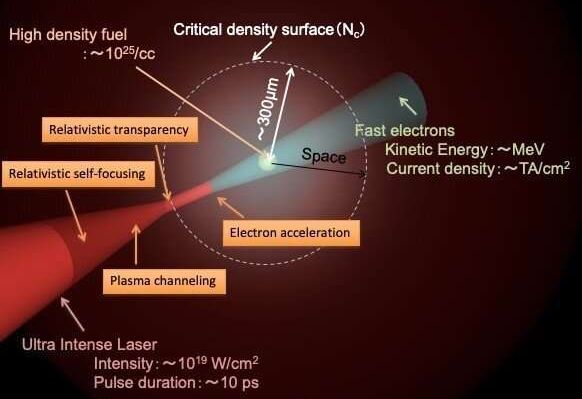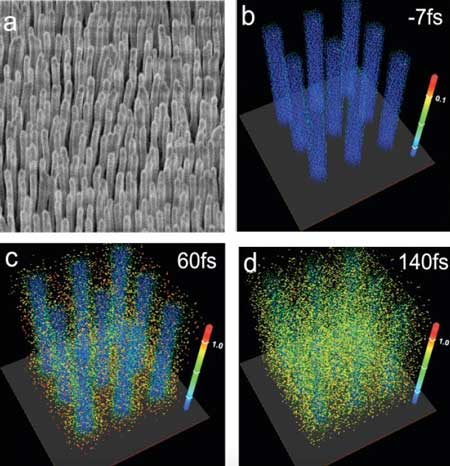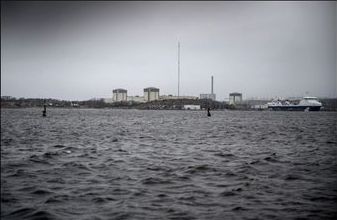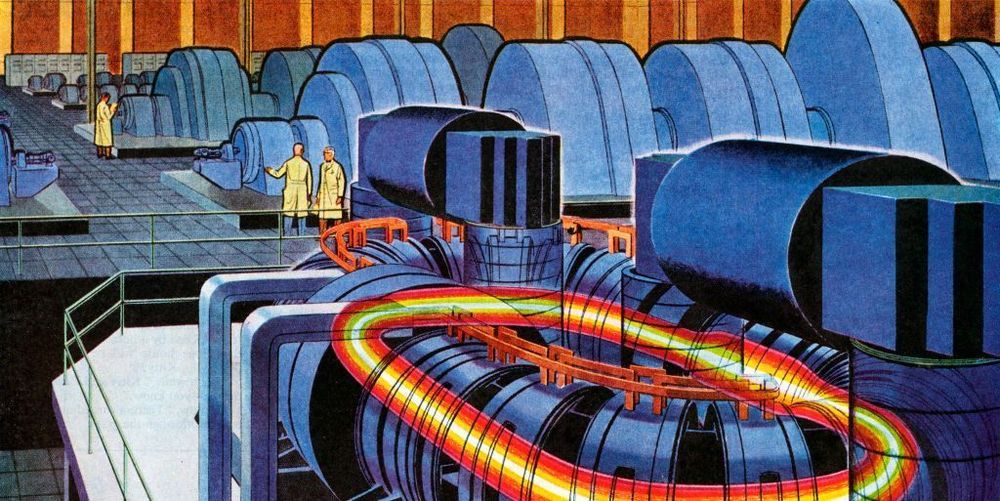Scientists have long assumed that fungi exist mainly to decompose matter into chemicals that other organisms can then use. But researchers at the Albert Einstein College of Medicine of Yeshiva University have found evidence that fungi possess a previously undiscovered talent with profound implications: the ability to use radioactivity as an energy source for making food and spurring their growth.
“The fungal kingdom comprises more species than any other plant or animal kingdom, so finding that they’re making food in addition to breaking it down means that Earth’s energetics—in particular, the amount of radiation energy being converted to biological energy—may need to be recalculated,” says Dr. Arturo Casadevall, chair of microbiology & immunology at Einstein and senior author of the study, published May 23 in PLoS ONE.
The ability of fungi to live off radiation could also prove useful to people: “Since ionizing radiation is prevalent in outer space, astronauts might be able to rely on fungi as an inexhaustible food source on long missions or for colonizing other planets,” says Dr. Ekaterina Dadachova, associate professor of nuclear medicine and microbiology & immunology at Einstein and lead author of the study.








